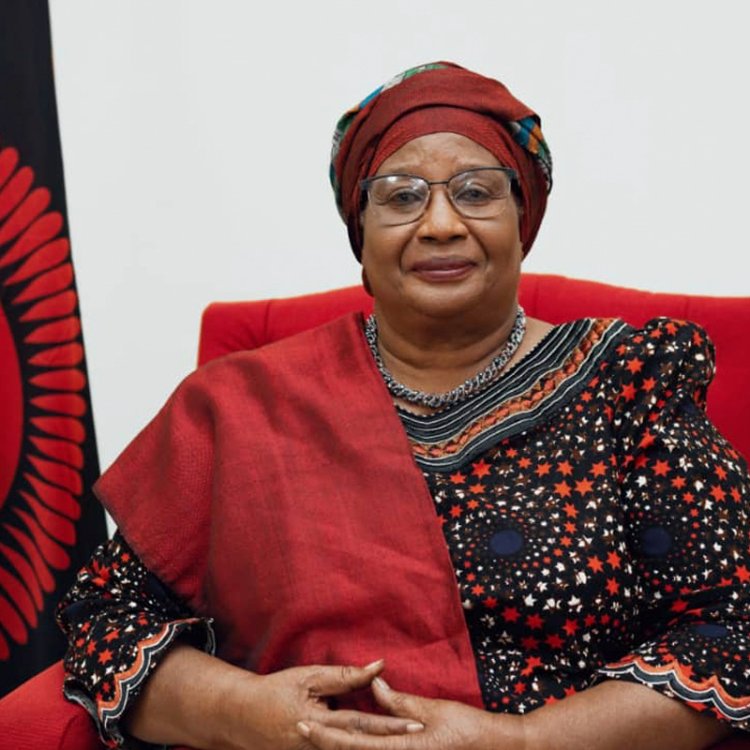12 ANNUAL ZIK LECTURE: Joyce Banda Urges Current African Leaders To Adopt Late Zik's Philosophy
Ex Malawian President, Joyce Banda, commends Late Zik's leadership qualities while urging current African leaders to adopt his philosophy

Former Malawian President, Dr. Joyce Hilda Banda, commended the leadership qualities of the late Dr. Nnamdi Azikiwe, the first president of Nigeria, urging current African leaders to adopt his philosophy for the unity and development of the continent.
Expressing concern over the poverty and lack of development plaguing Africa, she called on citizens to take radical action to hold their leaders accountable, encourage visionary approaches, and foster collaborative efforts to address the challenges facing African countries.
Dr. Banda delivered this message during the 12th Annual Zik Lecture Series at Nnamdi Azikiwe University in Awka, Anambra State. The theme of the lecture was "Reclaiming Zik‘s World: Climate Justice and Africa‘s Sustainable Development." Criticizing current African leaders who manipulate elections through practices like vote-buying and result falsification, she emphasized the counter-productivity of such actions in promoting good governance and advancing democracy.
Drawing attention to a specific incident during the 2020 Malawian general election, Dr. Banda highlighted how the incumbent president had manipulated the results in his favor, but the Malawian Judiciary, recognized for its integrity, nullified the election.
SEE: Governor Seyi Makinde to Chair 12th Zik Lecture Series in Anambra
Encouraging African women to actively engage in issues affecting their communities, she noted the historical presence of credible female leaders even before the colonial era.

 Mary Nwaeze
Mary Nwaeze 



